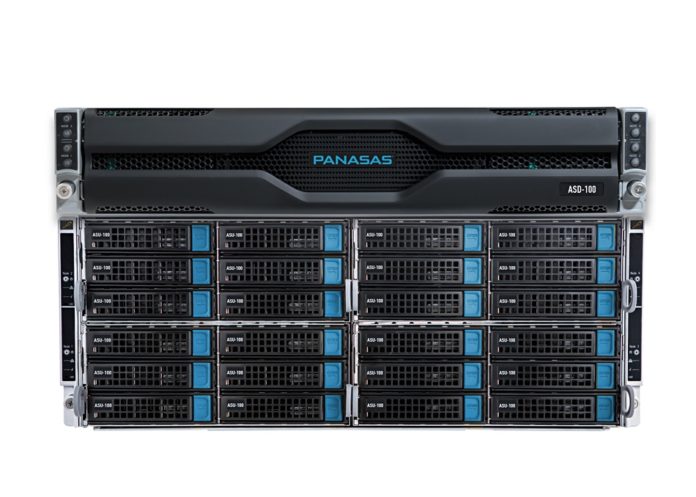HPC storage supplier Panasas has made available PanFS 9, the latest version of its parallel file system, introducing security features that it promises will not impact performance. There are also enhancements to its Dynamic Data Acceleration (DDA) technology to improve performance.
Panasas says that version 9 has been developed to further address the demanding requirements of HPC and AI/ML workloads, while customers are increasingly concerned about safeguarding sensitive and confidential data. So the latest version of the file system has also been engineered with features required to deploy a secure, multi-tenancy environment.
“We architected our latest PanFS parallel file system specifically with an eye on the growing performance and security requirements our HPC and AI/ML customers encounter from new diverse and exponentially expanding workloads,” Panasas VP for Products and Alliances Brian Reed said in a statement.
These features include hardware-based encryption-at-rest, with zero performance degradation or cost impact, according to the firm. This is achieved by PanFS 9 implementing support for self-encrypting drives (SEDs) with AES 256-bit hardware-based encryption at the physical data layer, through which it delivers NIST-approved data protection.
It also supports automatic cryptographic erasure if a drive is removed without authorisation, which basically means that the encryption key gets deleted so it is effectively impossible to access the data on the drive.
Panasas said it has teamed up with security specialist Thales to deliver the key management system it has implemented in PanFS 9.
At the file layer, PanFS 9 delivers access control by adding file labeling support for Security-Enhanced Linux (SELinux), the Linux kernel security module that implements mechanisms for access control security. The file labeling support provides SELinux Context information as per-file security labels for use by SELinux and Multi-Level Security (MLS) policies, according to Panasas.
This new release also implements additional enhancements to the Dynamic Data Acceleration (DDA) technology that Panasas introduced last year. This is designed to tune the file system behaviour automatically to optimise its performance to match the IO patterns of differing workloads — a key capability for a storage system that may be used for a mixture of HPC and AI/ML processing.
DDA already sees NVMe SSDs used to store metadata, with small files stored on SSD and large files on low-cost, high-bandwidth disk drives.
Panasas has not offered details on these enhancements, stating only that they include performance optimisations to the software stacks on both the storage and metadata nodes, but we will update if the firm provides further information. However, increased metadata performance for DirectFlow, NFS, and SMB protocols is also implemented.








